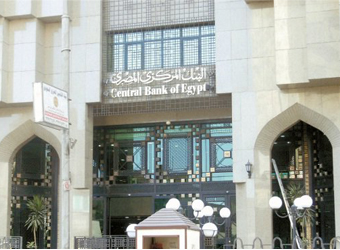Egypt’s current account deficit narrowed by 50 percent in the fourth quarter of financial year 2016/2017 to stand at $2.4 billion from $4.8 billion a year earlier, boosted by last year’s decision to float the Egyptian pound, the central bank said on Monday.
The country’s fiscal year runs from July to June so the fourth quarter is April, May and June. Egypt floated its pound currency in November which helped it clinch a $12 billion International Monetary Fund loan aimed at boosting the economy.
The pound has since halved in value and this has helped narrow the country’s trade deficit and attract badly needed foreign currency dried up by a 2011 uprising that drove tourists and investors away.
The trade deficit declined by 8.4 percent in the 2016-17 fiscal year, standing at $35.4 billion from $38.7 billion a year earlier. It stood at $8.4 billion in the fourth quarter down from $8.8 billion in the same period of the previous year.
Egypt has been trying to narrow its trade deficit by tightening restrictions on imports and stepping up its exports. Egyptian exports have found new markets since the floating of the pound slashed its value by half. Exports grew by $5.7 billion in the fourth quarter of the financial year he 2016/2017.
Foreign direct investment grew by $1.35 billion in the fourth quarter compared to $1.05 billion the previous year.
Portfolio investment in Egypt stood at $8.18 billion in the fourth quarter of 2016-2017, up from $214.6 million in the same period of the previous year.
The central bank has raised interest rates by 700 basis points since the float in November, encouraging investors to buy up the country’s debt. Source: Reuters
Source: Reuters


